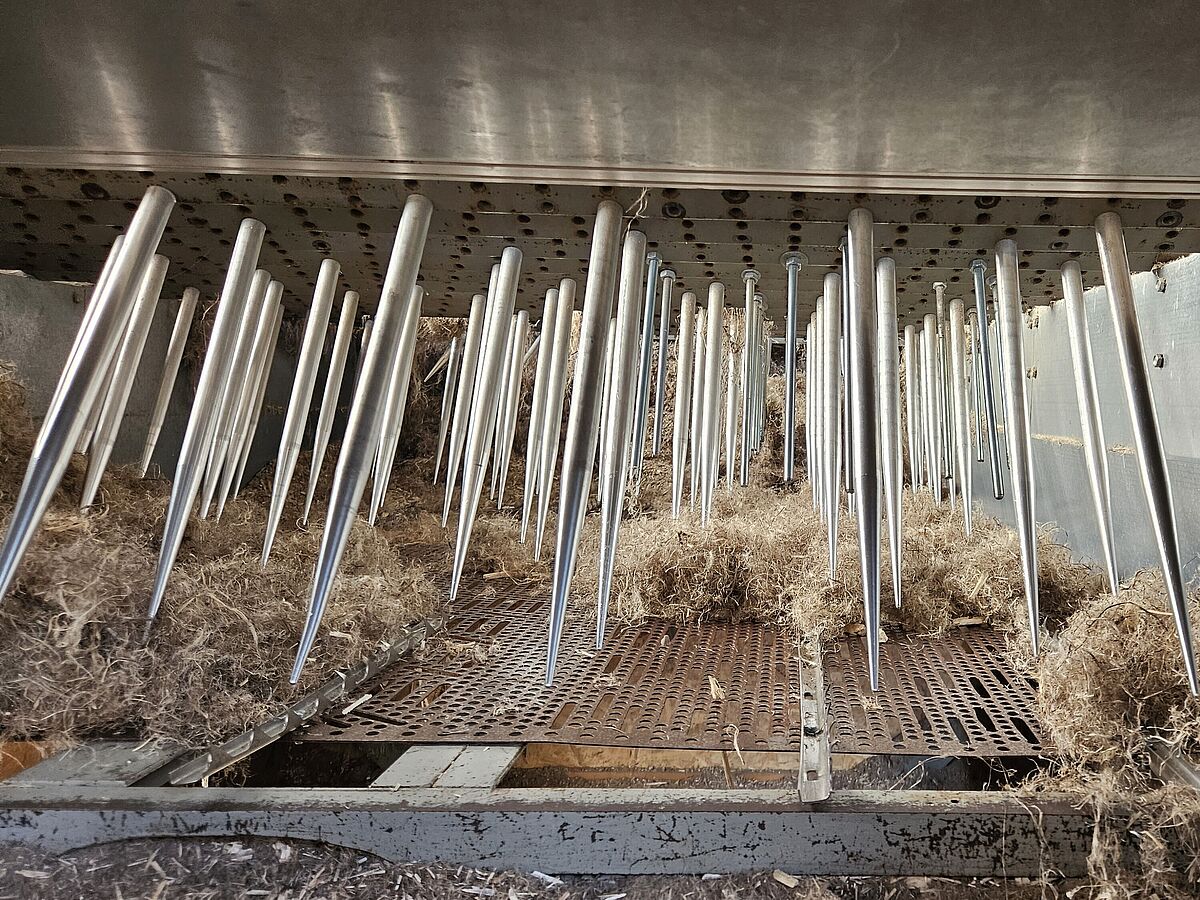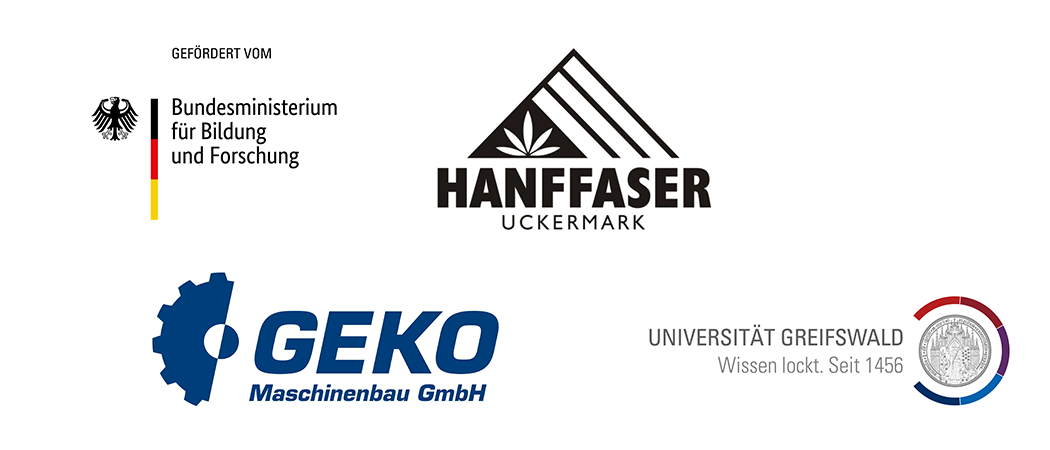The rewetting of moors contributes to the reduction of CO2 emissions. Combining climate protection concerns with economic utilisation is a major challenge and at the same time an opportunity for sustainable regional structural change in Western Pomerania. There is a potential area of over 70,000 hectares for peatland rewetting and the realisation of paludiculture. The concept development of an economically attractive utilisation of biomass from paludicultures is a central element of the Plant3 strategy.
The utilisation of dominant stands from rewetted moors offers great potential for the production of renewable ecological building materials. The main aim of the project is to develop innovative, future-oriented insulation materials with the aim of minimising the ecological footprint and taking into account the CO2 equivalent for climate-neutral construction. In line with the WIR! concept: ‘WIR! - Change through innovation in the region’, the aim is to support the region's existing scientific, economic and social innovation potential with the aim of contributing to sustainable structural change in the ‘Western Pomerania’ region. The sub-project is being carried out with the aim of scientifically developing new ecologically innovative formulations that form the fundamental basis for developing new concepts for marketable biogenic building materials that come from the local region of Western Pomerania.
Specifically, the aim is to
- Development of an insulating material based on paludicultures and provision of experimental evidence relating to: building physics, mechanical and acoustic properties,
- Further technical development for fibre opening and fractionation by modifying existing systems,
- Development and construction of a blower machine specially adapted to Paludi fibres,
- Development of sound insulation concepts for industrial plants,
- Opening up new fields of application and marketing (industrial products).


